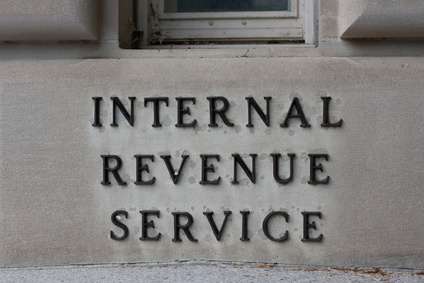
Any discrepancy in the involved tax collection, proposed tax assessments, or other IRS actions can increase a taxpayer’s grievances. Once you receive a final notice from the IRS, you may seek tax dispute resolution through legal intervention. Filing appeals is a preferable, yet less formal approach than other court proceedings, but is independent of judicial mandates of evidence or procedure. In the past, appeals have helped settle a significant number of cases. Let us take a closer look at the various aspects of Appeals, and how you can benefit from the process.
Must Read: IRS Appeal, Appeal Issues, and Appeal Tax Relief
What is an appeal?
Created in 1927, the Internal Revenue Service (IRS) Office of Appeals (Appeals) is responsible for the resolution of tax disputes without litigation, or on grounds that are fair and impartial to both the taxpayer and Government. Appeals, therefore, help in enhancing voluntary compliance and instill confidence in the general public in the efficiency and integrity of the IRS.
Must read: Tax Lien vs. Tax Levy: Examining the Differences
Preparing a Request for Appeal
If you do not agree with your tax determination, you may request an Appeals conference by filing a written certified public accountant, attorney, or authorized agent practicing before the IRS. Such rep complaint. You may represent yourself, or have professional representation. The professional should be are sentatives must produce a copy of a power of attorney: Form 2848, also known as the Power of Attorney and Declaration of Representative.
Consider following points, to help you decide whether to take your case to the Appeals conference:
- If you believe that the IRS has made an incorrect decision, based on a misinterpreted law, check the publications that cover your issue or refer to Tax Topics.
- If you believe the IRS has inappropriately applied the law due to an incorrect understanding of facts, you should support your view in the appeals forum.
- If you believe the IRS is taking inappropriate action to collect tax from you, or your offer to compromise has been denied, you should support your view in the appeals forum.
- If you believe that the IRS is citing incorrect facts, then you must produce evidence to support your position in an Appeals forum.
What Can You Expect from Appeals?
Once your case qualifies for an appeal, an Appeals agent will review it and schedule a conference with you. Appeals conferences are informal and conducted through correspondence or over the telephone. Differences are often settled without going to trial. Reasons for disagreement that are sufficient for the Appeals to consider your case include, political, religious, constitutional, and conscientious objections. In addition, you must provide all relevant information and requested documentation to the auditor or revenue officer working on your tax dispute resolution.
The Bottomline
According to the IRS Restructuring and Reform Act of 1998, the IRS Commissioner is directed to develop and implement plans to reorganize the IRS, by establishing organizational units that cater to particular taxpayer segments with similar needs. It also specifies that a self-sufficient Appeals function must be included within the IRS that is free from any “ex parte” communications between Appeals auditors and other IRS employees. Through this provision, the Appeals avoids any conflict of interests or compromises with the IRS, helping resolve common taxpayer grievances. To learn more about tax dispute resolution and Appeals, fill out our contact form, and we will get back to you shortly.Or please feel free to call our office and schedule a, no-obligation, free consultation with Attorney Nick Nemeth.(972) 426-2553.


